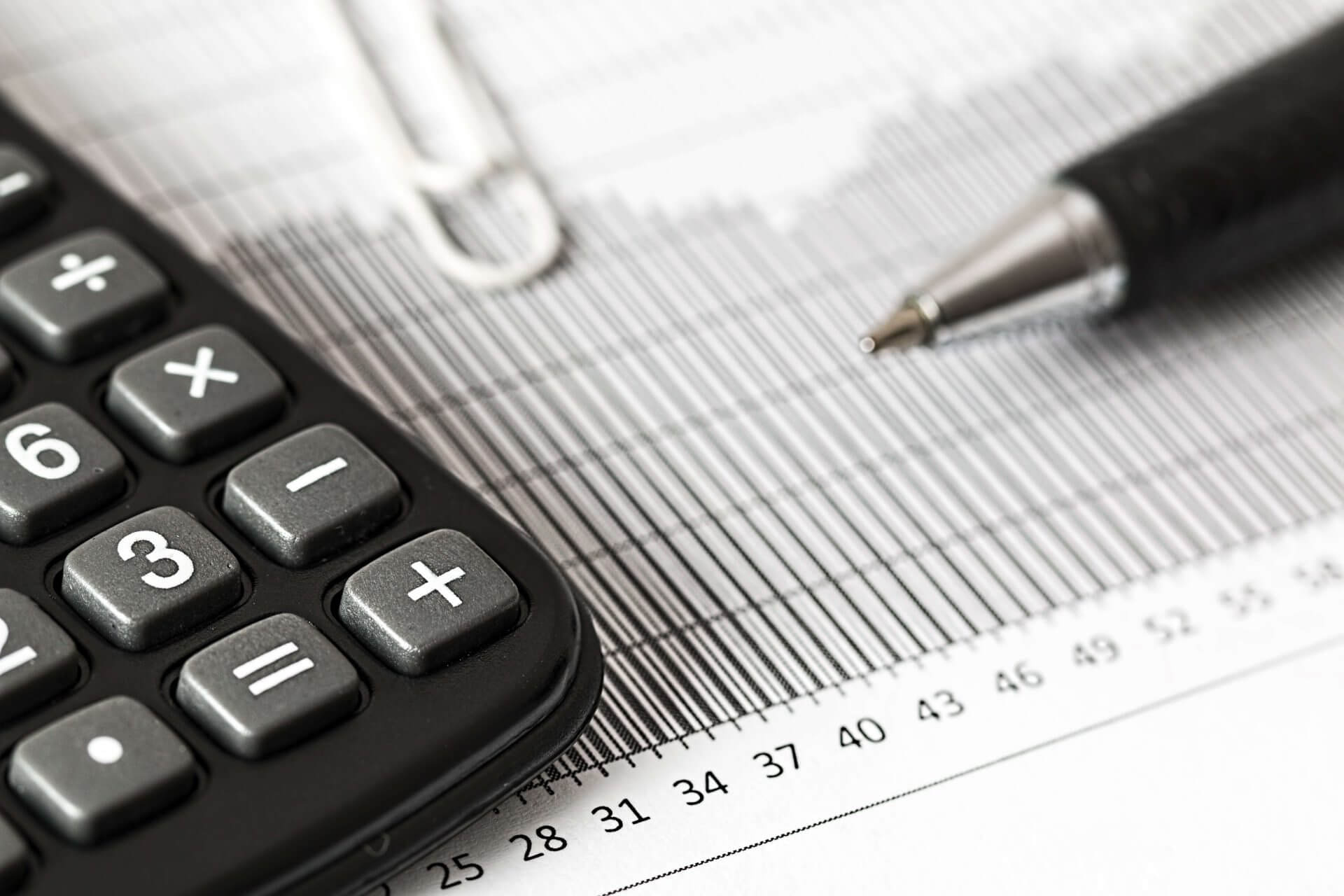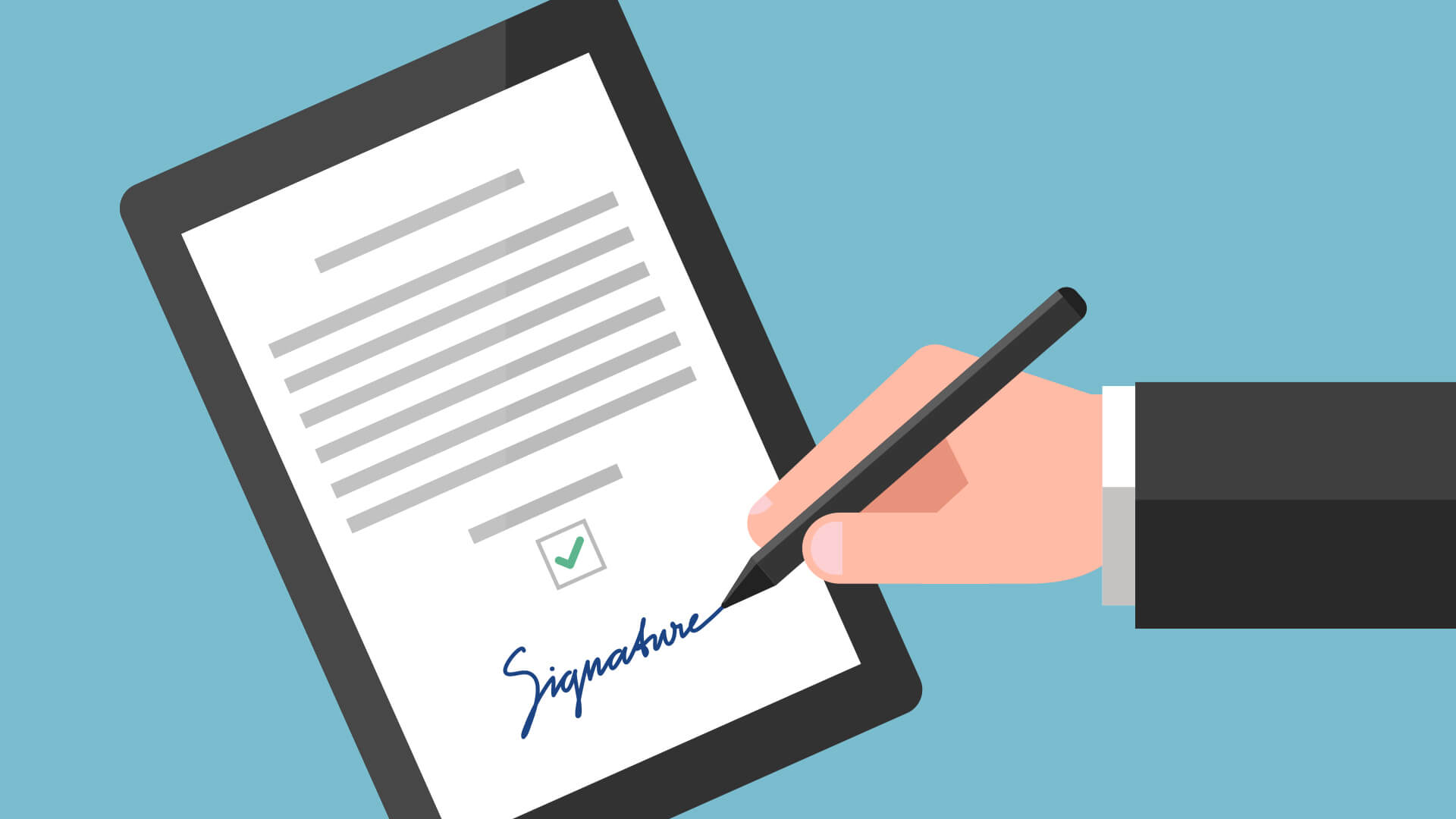How To Prepare for Tax Return 2022
One aspect of adulthood that is almost universally dreaded is having to file your tax returns. The murky instructions, countless important details, the need for precise information, or even figuring out exactly what information is needed can become far too overwhelming and cause severe headaches for many. Having to report income from multiple sources will make the already seemingly hopeless situation even more complex.
Unfortunately, missing the set deadlines for filing the required documentation comes with the risk of incurring hefty fees. The same can also happen if you incorrectly pay less than the actually owed taxes. On the other hand, overpaying could reduce the cash on hand you have available and expose you to increased liquidity risks.
One way to ensure your compliance with the HMRC and alleviate some of the stress associated with filing taxes is to turn to a professional. You may also want to look for experts operating in your region, such as chartered accountants in London, as there could be some regional differences in the tax regulations or potential avenues for tax reductions.
Professional accountants can provide personal tax advice and planning that can bring significant benefits, including an increase in the take-home income.Тhey can also consult you on all of the available tax allowances or reliefs that you can claim.
Important Deadlines To Remember
Typically, all taxes must be paid by midnight on 31 January of the following relevant tax year. However, if you have received a notice from the HMRC to make an online tax return, the new deadline is going to be three months from the date of issue to file. There could also be a specified grace period where late filing would not incur any penalties. Otherwise, the fees get exponentially higher.
Filing one day late will be penalized with a £100, while being up to 3 months late could reach a maximum of £1,000 consisting of an initial £100 fine and £10 for each additional day to a maximum of 90 days. Tax returns submitted up to 6 months late will be fined with either £300 or 5% of the tax due, depending on which one is higher. This fine will be incurred on top of all the previous penalties. For delays of 12 months, an additional £300 fine or 5% of the tax due, again whichever is higher, will be added alongside all previous fees.
Income Tax
While filling out your self-assessment tax return, you may need to account for several different types of taxes. The main one is the income tax. It is split into three bands of basic rate at 20%, higher rate at 40%, and additional rate at 45%. The basic rate is applied to any income that is over the personal allowance of £12,500, while higher rate is used to tax amounts over £50,000. Income that surpasses £150,000 has the additional rate applied to it.
Keep in mind that a wide range of valid business expenses can be deducted from the taxable income. These may include travel and accommodation, staff costs, heating, rent associated with the business premises, purchase of raw materials, etc.
National Insurance
A different type of tax that all employed or self-employed individuals between the ages of 16 and the current State Pension age must pay is the National Insurance (NI). It is used to fund certain state benefits, such as the State Pension.
Generally, there are 4 Classes of NI. Class 1 is applied to employees and is paid via PAYE. Self-employed individuals whose profits surpass the current small profits threshold will need to pay Class 2 NI, or Class 4 if their profit is above the lower profits limit set for this category. As for Class 3, it is a voluntary NI contribution for people who are not required to pay taxes under any of the other Classes but still want to retain certain state benefits.
Necessary Information
While the assistance of a professional accountant can be invaluable, it doesn’t eliminate your participation in the process completely. For the experts to be able to do their job, they would need some precise, detailed, and relevant information for the self-assessment. For example, they may request employment information, specifically your annual salary and any tax that may already have been paid.
Typically, such information is submitted to the accountant via a P60 or P45 form. The documents will show the person’s gross salary, tax deductibles, or any applicable student loan deductions.



























